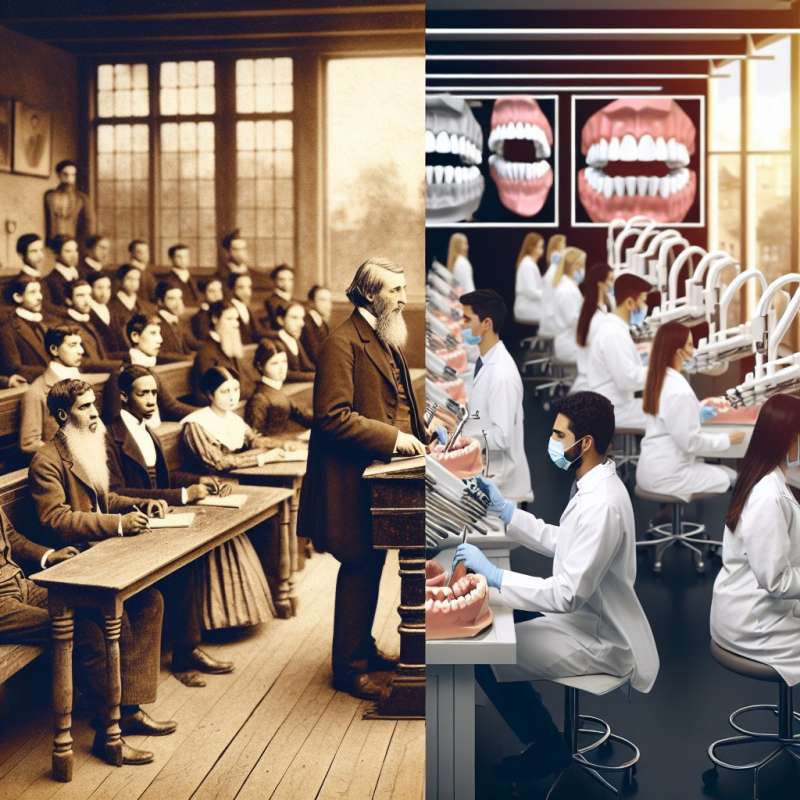
Dentistry: An Ancient Practice
Dentistry dates back to 7000 BC with the Indus Valley Civilization. Evidence suggests that bead crafters drilled teeth with bow drills, arguably making them the first dentists in history.
Dental Education Evolution
The first dental college, Baltimore College of Dental Surgery, was established in 1840. Modern dentistry education combines rigorous academic coursework with extensive clinical practice, preparing students for diverse challenges.
Dentist Licensing Requirements
Dentists must pass the National Board Dental Examinations and a state or regional clinical examination. Continuing education is mandatory to maintain licensure, ensuring dentists stay updated on the latest procedures.
Specialties in Dentistry
There are nine recognized dental specialties, including Orthodontics, Periodontics, and Oral Surgery. Each specialty requires additional years of training focusing on specific aspects of oral health.
Technological Advances
Dentistry has seen significant technological innovations such as 3D printing for prosthetics, laser treatments, and digital impressions. These advancements improve patient comfort and outcomes.
Dentists' Role in Forensics
Forensic odontology involves dentists in criminal investigations. They analyze dental evidence to identify human remains and bite marks, playing a crucial role in solving crimes.
Global Impact of Dentistry
Dentists not only treat oral diseases but also empower communities by promoting oral health education. Their work has a direct impact on combating systemic diseases related to poor oral hygiene.Bees as Dental Assistants?
Ancient civilizations used honeybee-derived propolis for its antibacterial properties in dental treatments, a practice that modern science supports for its effectiveness.
When did dentistry originate?
1840 with Baltimore College
7000 BC, Indus Valley
During the Renaissance
Company